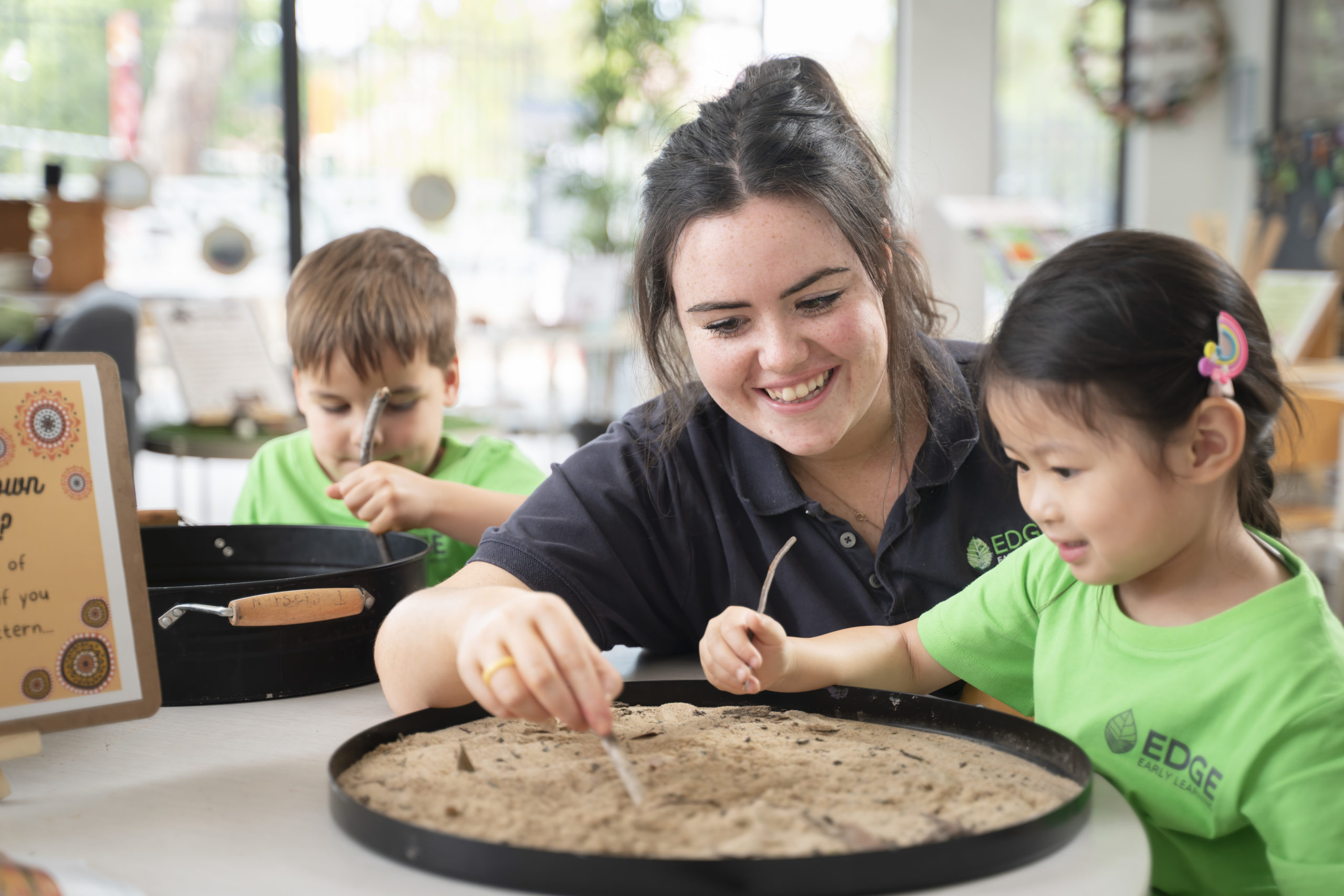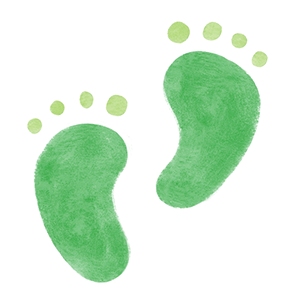
Walk, run, climb, jump and begin to kick a ball
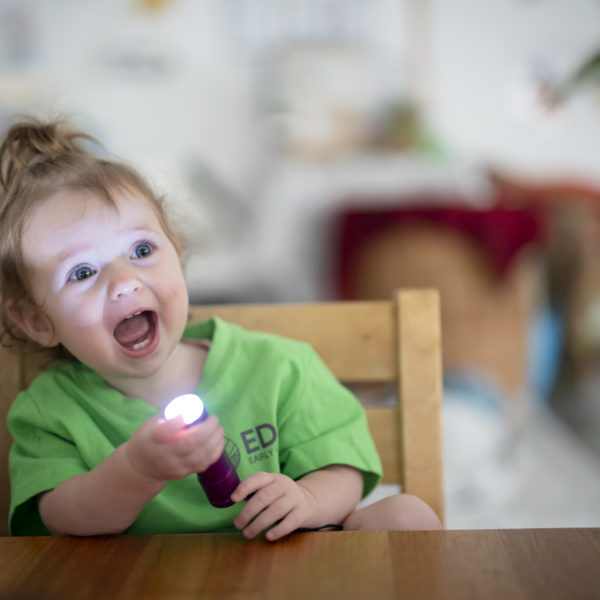
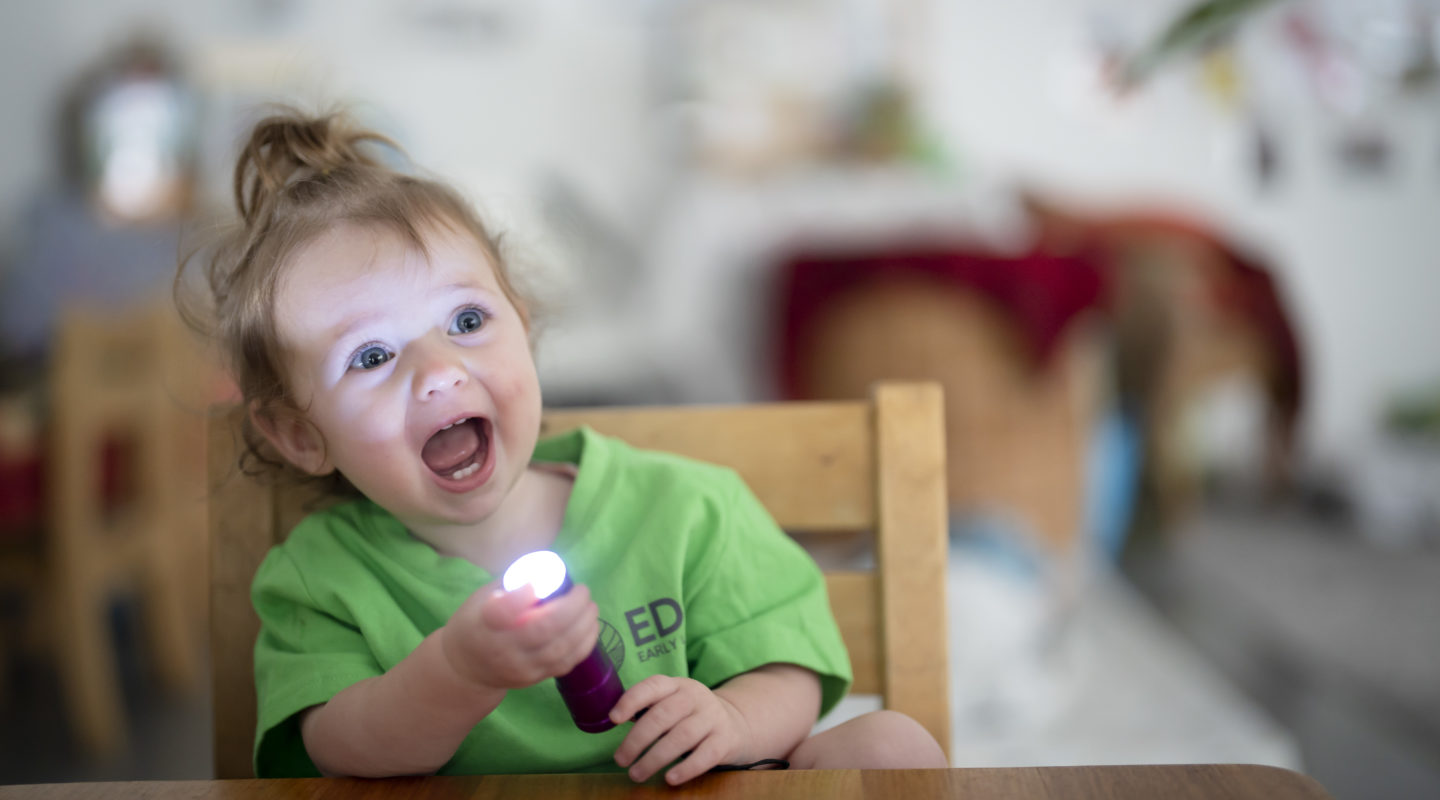
As your toddler begins to take their first steps, they will also start to navigate feelings and relationships whilst developing a strong sense of identity and agency. This period is when your toddler begins to develop their cognitive, social, emotional and physical skills as they prepare for preschool and kindergarten.

Walk, run, climb, jump and begin to kick a ball
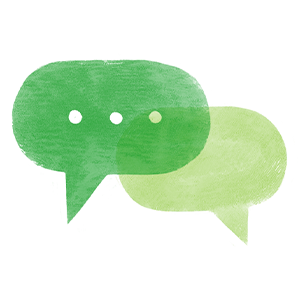
Engage in parallel play alongside other toddlers
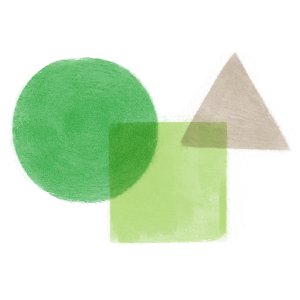
Sort objects by shape or colour and begin to count with numbers
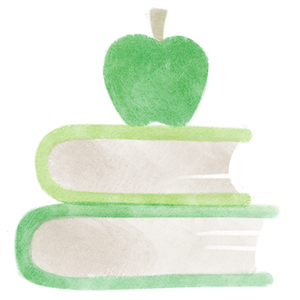
Comprehend questions and follow simple directions
Toddlers aged between 1 to 3 years old will begin to rapidly expand their vocabulary and begin to form basic sentence structures. Throughout this period in a toddler’s life, they will evolve from using single words to using small and simple phases or full sentences to communicate. Some common phrases for this age group include ‘all gone’, ‘night-night’, ‘my turn’, ‘hello’, ‘bye-bye’, ‘all done’, ‘please’, or ‘thank you’.
This linguistic growth is crucial to a toddler’s cognitive development as it improves their ability to express their needs, wants, thoughts and emotions, enabling them to communicate better with parents, caregivers and educators.
At Edge Early Learning, our toddler program aims to build linguistic skills through activities such as storytelling, singing, reading and more. Our qualified educators will also engage toddlers in conversations to encourage verbal responses and introduce them to new words to accelerate the learning process and equip all children for future academic and social development.
Our educators also promote this when they provide opportunities for children to participate in ‘Show and Tell’. Toddlers will bring either a special book or photo from home and share this in front of other children. This encourages them to build upon their confidence, engage in back-and-forth conversations with their peers, share their culture and identity with the group and demonstrate their ability to speak clearly and concisely.
Throughout the ages of 1 to 3, toddlers will also begin to improve their problem-solving skills and develop the ability to think more critically or navigate new challenges through trial and error, exploration and experimentation. This enables toddlers to learn how to approach problems with creativity and resilience to build a strong foundation for learning and intellectual growth.
The toddler program at Edge aims to encourage problem-solving in all children. Educators will use activities such as stacking blocks, simple puzzles and sorting objects to provide a safe environment for children to learn from trial and error. The educators will support children as they learn how to problem-solve with words of encouragement, support and guidance to foster persistence and resilience for cognitive development.
Our educators provide many invitations to play that promote numeracy and problem-solving in this age group. A popular activity is ‘meaningful counting’ when children physically touch an object and count on. Children who complete this build a good relationship with both numbers and objects.
As toddlers can process more of the world around them, you may notice throughout ages 1 to 3 that they start to become more independent and autonomous which is a sign of social and emotional development. Your toddler may begin to make simple choices like choosing toys, expressing preferences and trying tasks on their own. For example, choosing the book to read at bedtime, selecting toys from their basket they want to play with or requesting specific foods or activities. This is a critical stage of building self-esteem and self-confidence in younger years.
At this age demonstrating independence can be very important to your child. Our educators encourage this by presenting options for your child to interact with and make decisions based on their emerging interests. This can be through having a variety of different learning environments set up, allowing self-serving at mealtimes, or posing questions in conversation to extend thoughts or ideas. This not only encourages toddlers to explore new interests but also focuses on language development by encouraging children to begin to articulate their interests with educators, friends, and family. By nurturing a child’s independence in a safe and secure environment, educators can help toddlers develop emotional resilience and social competence to assist in their growth and development.
As your toddler begins to build their social skills and establish relationships with classmates and friends, they will begin to respond to the emotions of others indicating the foundations of empathetic behaviour. Children aged 1 to 3 will engage in parallel play where they play alongside classmates and learn to interact more directly through interaction.
A childcare centre such as Edge Early Learning is the perfect environment to build empathetic behaviours due to its opportunities for group activities, cooperative games and guided social interactions. Our educators in the toddler program will model empathetic behaviour and encourage toddlers to express their emotions and understand the needs of others to build a supportive environment for children to learn and grow.
Toddlers undergo noticeable developments in their gross motor skills throughout the ages of 1 year old to 3 years old which is critical to their overall growth. Throughout this period, toddlers will begin to learn fundamental physical movements important to their mobility and coordination. This includes actions such as walking, running, jumping and climbing.
At Edge Early Learning, our qualified educators encourage movement throughout our Toddler program with activities like ball games and outdoor play in a monitored safe and spacious environment. Our educators also plan exciting obstacle courses to enhance children’s gross motor capabilities. This includes climbing with alternate feet, and kicking balls either into a soccer net or to another child (social skills building). Obstacle courses allow educators to set instructions too, so children learn to follow the lead of someone else and wait for other children to finish the obstacle course, therefore sharing spaces safely with others. Each educator will offer encouragement, and support for safety and design activities to challenge each child to move in new ways.
Another tactic educators use is music to encourage dance and movement. Props can be added to entice other toddlers over to the dancing space, like ribbons, scarves or other fabric. Learning to engage in rhythm and movement is important and supports even toddlers to coordinate body movement, follow or mimic the actions of others and listen for cues. Especially when it’s a song that requires them to freeze, stop or go!
Outside of major physical movements, toddlers aged 1 to 3 years old will also begin to master their fine motor skills. You may notice your toddler starting to perform tasks more independently. This includes grasping smaller objects, stacking blocks, turning pages of a book or using utensils, pencils, pens and more.
Educators in our toddler program encourage toddlers to develop their fine motor skills through specific activities such as drawing, puzzles, playdough, sand play and water play. At Edge, our educators create spaces inside where children can openly build with blocks or construction resources. Block play is key to early numeracy development, and is a social activity where children learn how to negotiate play spaces, share and take turns. By encouraging active use of fine motor skills, Edge Early Learning helps toddlers improve their coordination to boost their sense of confidence and independence for future learning.
As toddlers begin to complete tasks independently and learn through doing, play-based learning is critical to their growth. Edge Early Learning creates strong foundations for this stage in their early learning and development with play-based learning and inquiry-based learning woven throughout our toddler program. Through play, toddlers can develop their cognitive, social, emotional and physical skills in a safe and supportive environment.
Edge Early Learning understands each child is unique and has different developmental requirements. At the young age of 1 to 3 years old, toddlers will exhibit different abilities and learning styles. This makes personalised learning programs critical to their growth.
Our toddler program ensures each child can learn in a way that best suits their needs with tailored educational programs that consider each child’s strengths, challenges and interests. Each toddler will have the opportunity to develop their cognitive, social, emotional and physical skills with a holistic learning program that provides valuable, engaging and enjoyable learning experiences. Our bachelor-qualified educators will closely monitor each toddler’s journey and adjust their program accordingly to support their development.
The most notable milestones in a toddler’s first to third year of life include:
Interested in our Toddler program? Enquire online today to learn more, book a tour or join a waitlist to secure your child’s spot in our next intake.
